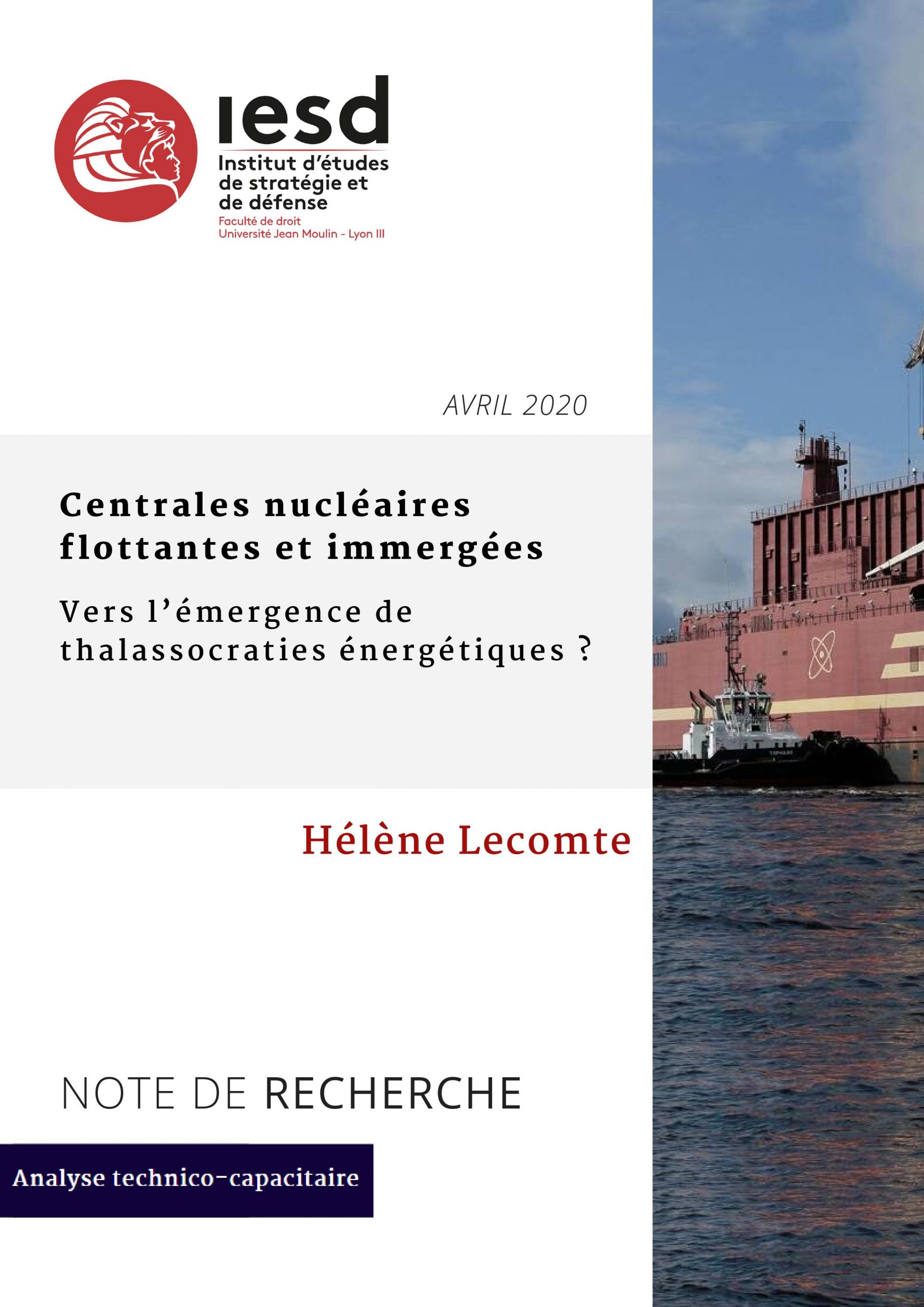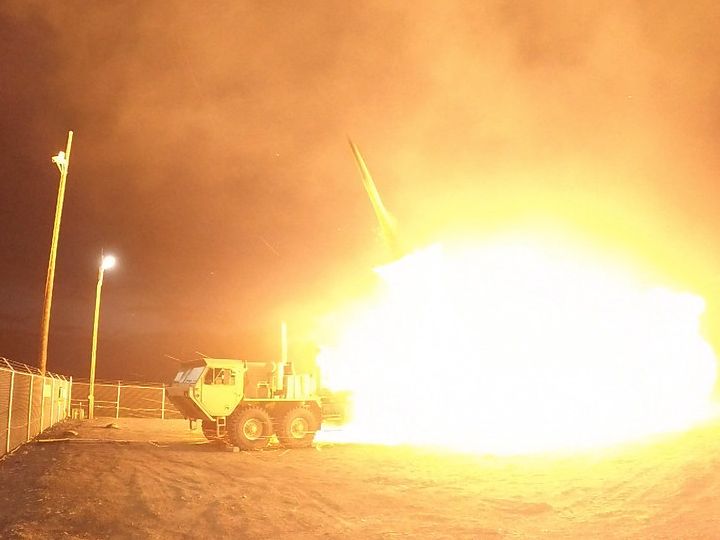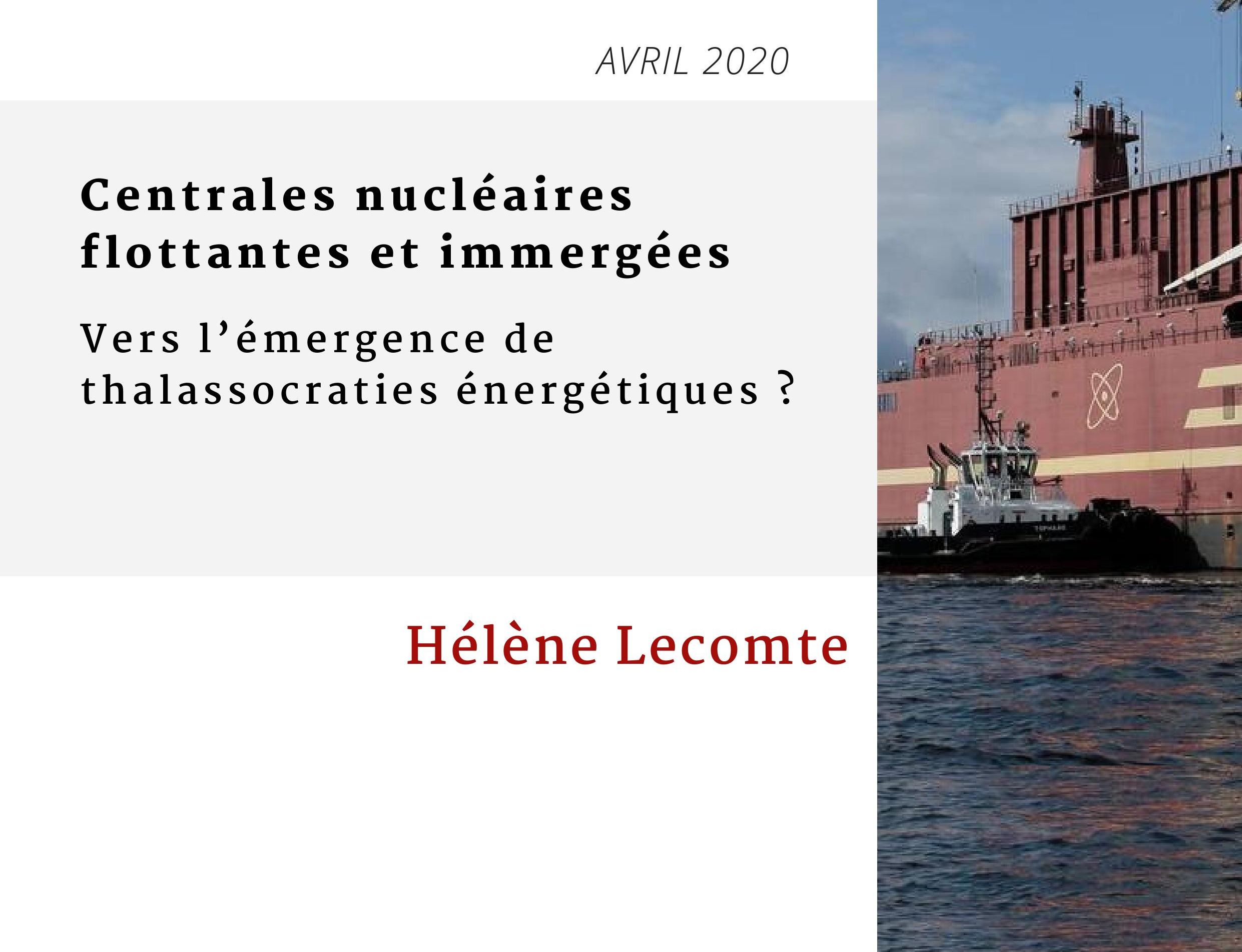
Floating and submerged nuclear power plants: towards the emergence of energy thalassocracies?
Abstract
Moving nuclear power generation out to sea is not as innocuous as one might think. At a time when Russia and China have embarked on the construction of vast fleets of offshore nuclear power plants destined to conquer new markets, the emergence of these small disruptive reactors raises the question of their
possible exploitation for geostrategic purposes. Whether it is a question of seizing control of strategic hinterlands or of modifying the logistics of energy flows to their advantage, the projection of these future floating reactors might reflect the thalassocratic ambitions of powers developing them.
About the Author
Hélène Lecomte holds a Bachelor of Political Science (ICES, La Roche sur Yon) as well as a Master II in International Security and Defense (Jean Moulin University - Lyon III). As part of her thesis, defended in 2019, Hélène Lecomte was interested in the strategic and security issues of floating and submerged nuclear power plants.
Technology-capability analysis

The silent masters of the oceans: the strategic and non-proliferation implications of nuclear-powered submarines in Australia and Brazil
At the International Atomic Energy Agency (IAEA) General Conference in 2022, Director General Rafael Grossi emphasizes that “the world of nuclear proliferation and safeguards is changing,” and that this change creates important technical and political challenges. The announcement of the AUKUS agreement and the progress of Brazil’s nuclear-powered submarine program reflect regional geopolitical realignments. Internationally, the IAEA safeguards system is challenged by these developments insofar as they entail risks of nuclear proliferation. How does the acquisition of nuclear-powered submarines impact both the regional and international strategic balance and nuclear non-proliferation norms? The purpose of this research note is to analyze the geopolitical motivations of nuclear-powered submarine programs in Australia and Brazil and their implications for nonproliferation instruments.
𝐉𝐚𝐧𝐮𝐚𝐫𝐲 𝟐𝟎𝟐𝟑
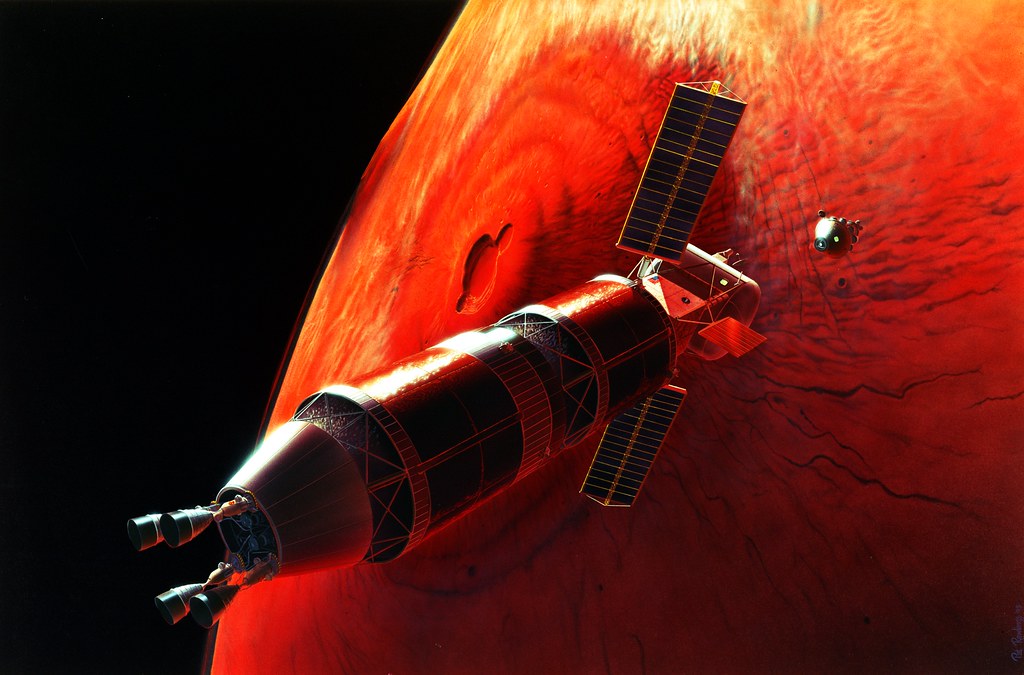
The affirmation of the U.S. space nuclear technology strategy
Since 2017, U.S. interest in space-based nuclear power applications appears renewed. In a context of growing international competition, these applications are even receiving increasingly structured political support. The objective of this note is to examine these developments in order to put into perspective the issues that accompany them. Although primarily intended for interplanetary exploration (surface energy supply and high-performance propulsion), space nuclear technologies remain dual.
The Nuclear Sea-Launched Cruise Missile (SLCM-N): Implication for U.S. nuclear strategy and arms control
In May 2021, soon after taking office, the Biden administration confirmed the decision to fund the NucleaSea-launched Cruise Missile (SLCM-N), one of the most controversial programs of Donald Trump’s term. The decision was received with surprise by some analysts: Joseph Biden had argued against this new weapon during his campaign. Finally, after considerable discussion within the government and the armed forces, the Democratic administration appears to have reconsidered its decision and canceled the SLCM-N program.
À lire également

The silent masters of the oceans: the strategic and non-proliferation implications of nuclear-powered submarines in Australia and Brazil
At the International Atomic Energy Agency (IAEA) General Conference in 2022, Director General Rafael Grossi emphasizes that “the world of nuclear proliferation and safeguards is changing,” and that this change creates important technical and political challenges. The announcement of the AUKUS agreement and the progress of Brazil’s nuclear-powered submarine program reflect regional geopolitical realignments. Internationally, the IAEA safeguards system is challenged by these developments insofar as they entail risks of nuclear proliferation. How does the acquisition of nuclear-powered submarines impact both the regional and international strategic balance and nuclear non-proliferation norms? The purpose of this research note is to analyze the geopolitical motivations of nuclear-powered submarine programs in Australia and Brazil and their implications for nonproliferation instruments.
𝐉𝐚𝐧𝐮𝐚𝐫𝐲 𝟐𝟎𝟐𝟑
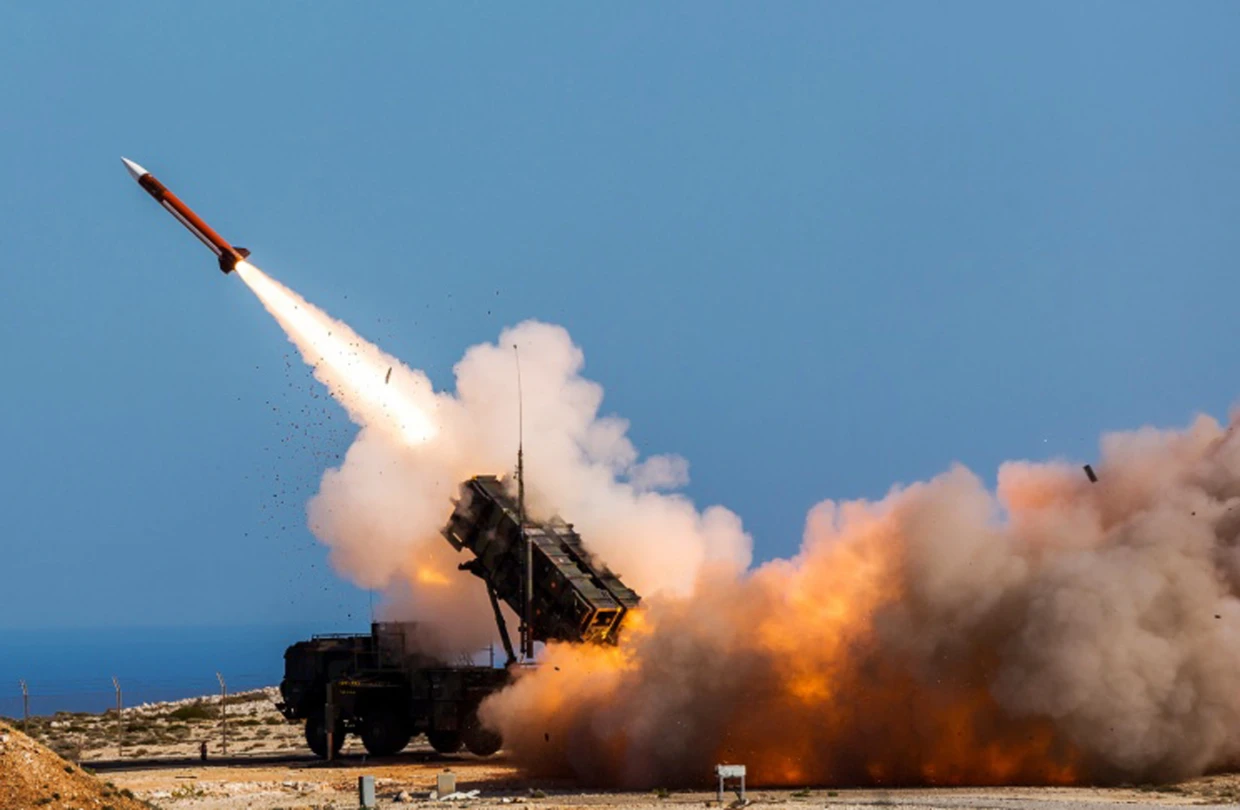
High strategic capabilities and defensive military assistance in the Ukraine war: the double threshold dilemma
One of the major elements of the Russian-Ukrainian confrontation is of course its potential nuclear nature. This dimension encourages the Biden administration not to let the war in Ukraine degenerate into a major conflict that would directly oppose Americans and Russians. This limit makes the problem of Western co-belligerence a key element in the political-military equation of the conflict. Taking this context into account, this note relates the tactical-operational “threshold” related to this arms supply to a second threshold of a politico-strategic nature, which in turn is influenced by the phenomenon of the interconnection of high strategic capabilities, and which opens up the delicate concept of multi-domain deterrence.
𝐉𝐚𝐧𝐮𝐚𝐫𝐲 𝟐𝟎𝟐𝟑


